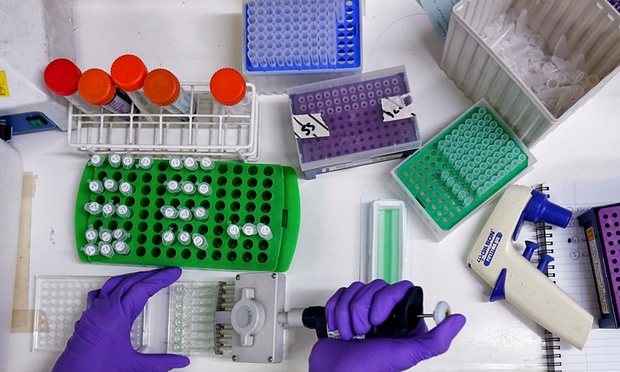
[responsivevoice voice=”UK English Female” buttontext=”Play”]
A group of researchers from the National Physical Laboratory (NPL) and University College London have developed an antibiotic from human breast milk that could combat certain drug-resistant bacteria, known as superbugs. In a recent study, they discovered the presence of lactoferrin, a protein that protects newborn babies from diseases in the initial months, in breast milk that effectively kills bacteria, fungi and even viruses on contact.
The British Journal reports:
Researchers from the National Physical Laboratory and University College London fitted the antibiotic into a capsule to target specific bacteria without affecting nearby human cells. First, the researchers isolated the protein, which is also present in saliva, tears and “nasal secretions” (snot, in layman’s terms). The next step was to engineer the highly potent protein into a form that could still nuke bacteria and viruses, but without harming any human host cells. To achieve this, the biologists learned from their enemy, working the lactoferrin itself into a virus-like form engineered to recognize and target specific, virulent bacteria.
Hasan Alkassem, One of the project contributors, elaborated:
“To monitor the activity of the capsules in real time we developed a high-speed measurement platform using atomic force microscopy. The challenge was not just to see the capsules, but to follow their attack on bacterial membranes. The result was striking: the capsules acted as projectiles porating the membranes with bullet speed and efficiency.”
The team is confident that lactoferrin could help fight against antibiotic resistance by serving as “delivery vehicles” for cures. The researchers claim that the speed at which the protein is able to identify, attack, and destroy the pathogens means that it is very difficult for them to build up resistance. The capsules could even pave the way for treatments for previously incurable conditions such as sickle-cell disease, cystic fibrosis and Duchenne muscular dystrophy.
NPL + @UCL convert breast milk protein into artificial virus that kills bacteria on contact https://t.co/CZIINImmW6 pic.twitter.com/sNkxTvGjym
— NPL (@NPL) January 25, 2016
According to the Centers for Disease Control and Prevention, at least two million people are infected with bacteria that can’t be wiped out with antibiotics. Direct health care costs from these illnesses are estimated to be as high as $20 billion annually.
David Cameron has warned that the fight against superbugs could plunge modern medicine ‘back into the Dark Ages’. He has set up a panel to tackle antibiotic-resistant bugs, which has forecast that they could cost 10 million lives around the world and £700 billion a year by 2050 if the problem is not addressed.
The World Health Organization warned in 2015 that rise of antibiotic resistance had become a global health crisis, with the problem now “reaching dangerously high levels” in all parts of the world and could lead to “the end of modern medicine as we know it”.
The increasing ineffectiveness of antibiotics is a terrifying prospect. But this finding offers a chink of light: https://t.co/C3ODbMfWPN
— Nick Hutchings (@El_Hutchingo) January 23, 2016
Dame Sally Davies, the chief medical officer for England, recently warned the public not to overuse antibiotics and suggested the need to do more to tackle bacteria resistance to commonly used drugs. She told The Times:
“We need on average 10 new antibiotics every decade. So I don’t just want some for my old age; I want them for my children’s old age, and their children’s old age. And we did disinvest as a world in this sort of research, so we need to make an investment and sustain it… If others do not work with us, it’s not something we can sort on our own. This is a global problem. I am optimistic about this. The science is crackable. It’s doable.”
This Article (Scientists Develop Antibiotic From Breast Milk That Can Destroy Superbugs) is free and open source. You have permission to republish this article under a Creative Commons license with attribution to the author and AnonHQ.com.
[/responsivevoice]




